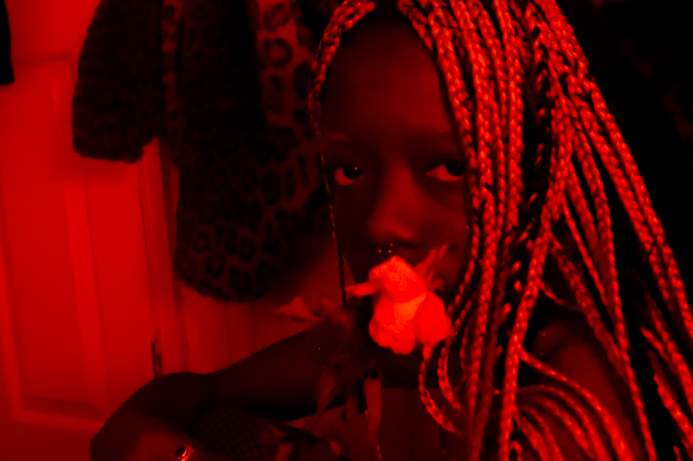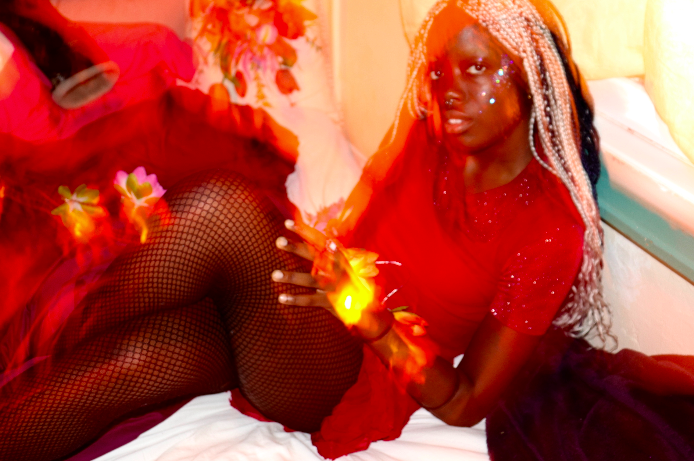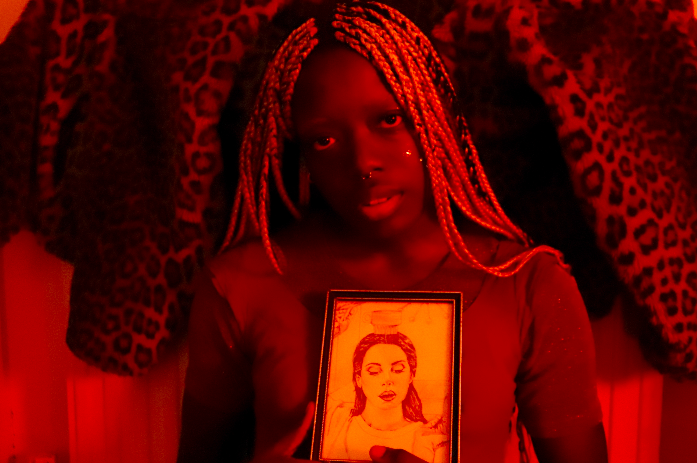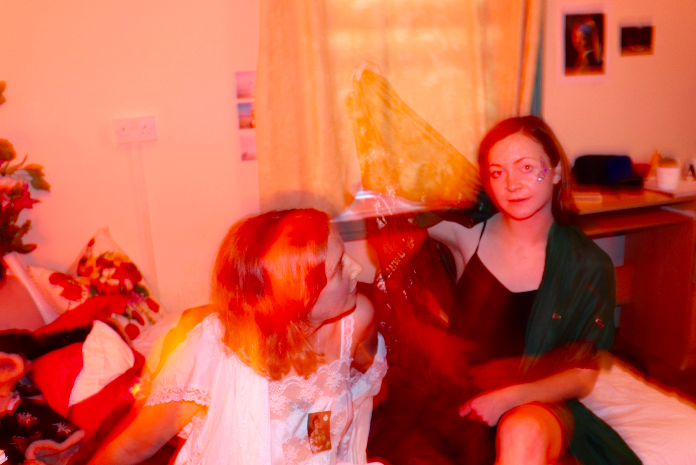In 2008, a new fantasy-drama premiered on BBC One. Starring Colin Morgan as a young Merlin, serving and eventually befriending Arthur Pendragon, Merlin is loosely based on the English legend of Camelot and Arthurian mythology. It was popular, and for good reason. For five years, Merlin was a semi-regular part of the Saturday night routine of countless children, teenagers, and adults – including me.
I enjoyed it for a lot of reasons – it had exciting fantasy scenes and creatures, the leads were charismatic and likeable, and the witty and sarcastic exchanges made the show genuinely funny for people of all ages. Admittedly though, a lot of the key themes went over my head – but in retrospect, Merlin was not simply a generic show, but one with an important and pertinent message, especially relevant in the modern day.
A key feature of all five seasons is how Merlin hides his ability to practice magic from all but his primary confidant and mentor, Gaius. Even though Arthur is his closest friend, it isn’t until the climax of the entire show that Merlin is finally able to reveal his true self. Until then he had to hide a key part of his identity to avoid persecution and punishment caused by the prejudices of Arthur, and more importantly his father, King Uther. It’s difficult to look at this as anything but allegorical when you consider the parallels between this kind of treatment and the kind of struggles that LGBTQ, ethnic minorities, and other oppressed groups go through in many places in the modern day.
Although at the time I had no idea of my own status as an LGBTQ person (although looking back I definitely had a crush on Katie McGrath, who plays Morgana), when I did begin to realise, looking back at shows like this definitely helped me to be kinder and more understanding – both to others and to myself. Ultimately, the key message of Merlin is that friendship and acceptance are far more powerful and important than division, and he forms important and loving bonds with a range of characters completely different from himself.
Yet Morgana’s tale also cautions the watcher about the negative consequences of failing to be compassionate. In the first season and most of the second, she is kind, loyal and loving to Arthur, Gwen, and Merlin. However, during the second season she discovers that she has magic – something that King Uther would destroy her for if he knew. Unlike Merlin, who is able to operate under a system of concealment, Morgana breaks from those she loves, going on to be the primary villain of the show. The real tragedy is that had Morgana been treated with benevolence, instead of hated for something she couldn’t control, the vast majority of the devastation and heartbreak throughout the show would not have occurred.
Consequently, Merlin did not just entertain me and countless other children and adults for five years, it also taught us to be kinder, more accepting people. Through highlighting the pain and destruction caused by prejudice to people with something they can’t control- in this case magical ability- Merlin warns us of the harm attitudes like this can have to individuals and society as a whole. Possibly the most powerful line comes from Morgana: “you don’t know what it’s like to be an outsider! To be ashamed of how you were born, to have to hide who you are.” Yet the reality is that many people watching the show really did know what it was like to be an outsider.
Maybe the real magic of Merlin was that without ever discussing the complex issues permeating society, it gave everyone who watched it a very clear message – to be kind.














